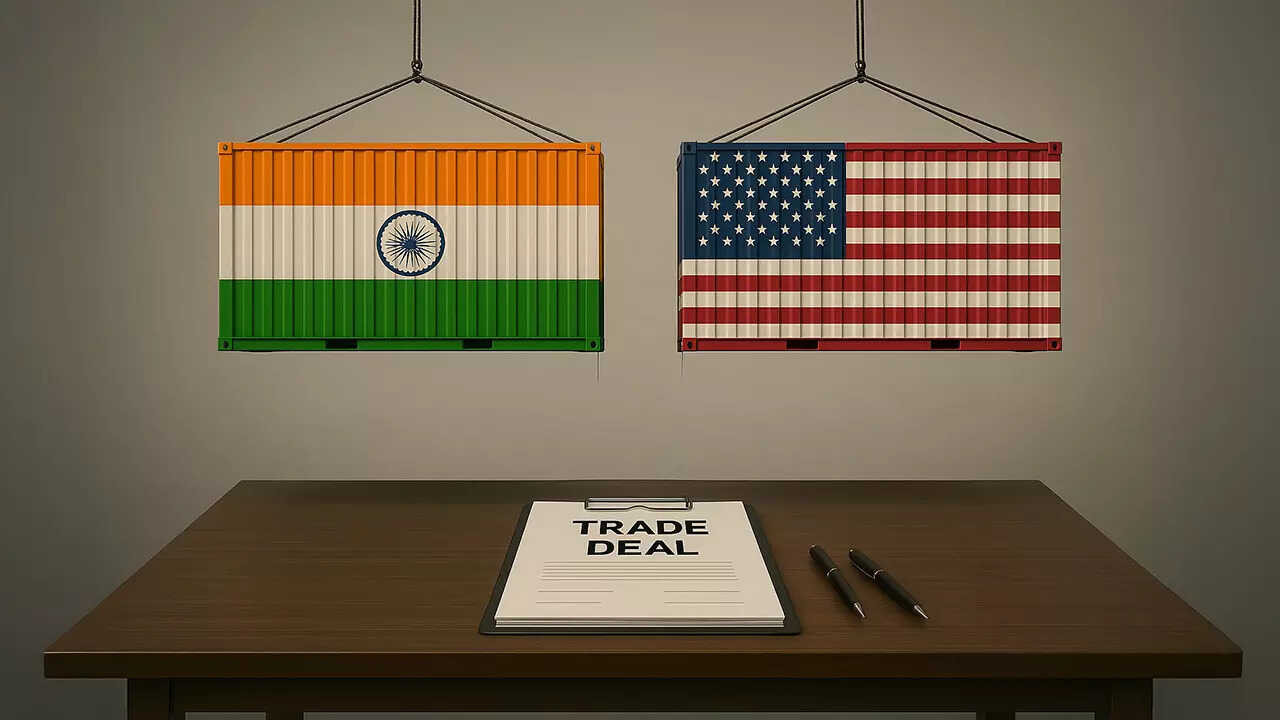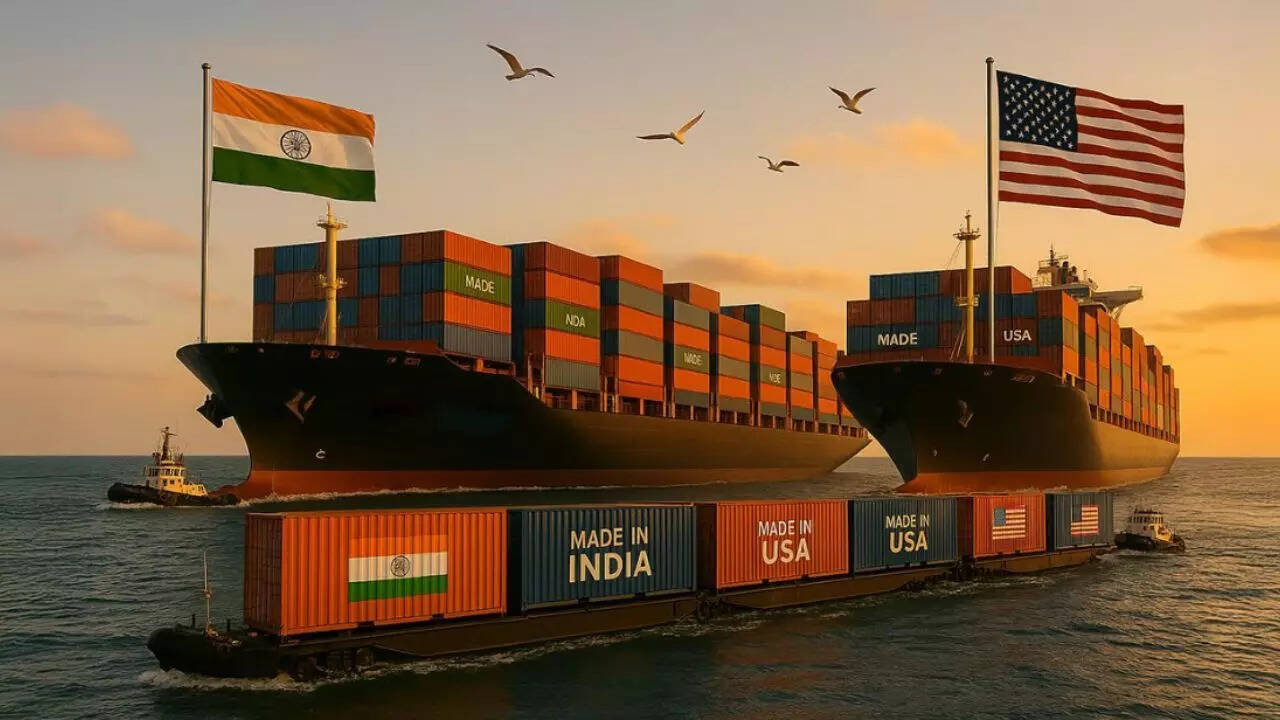China has strongly condemned new US sanctions on Russian oil giants Rosneft and Lukoil, deeming them “unilateral” and lacking international legal basis. Beijing also criticized EU sanctions targeting Chinese firms, asserting its neutral stance on the Ukraine conflict and vowing to protect its interests.
When Global Trade Winds Turn Sour: China’s Stand Against US Sanctions
The world of international trade often feels like a high-stakes chess game, with nations maneuvering for economic advantage. Recently, the temperature in this arena has risen, fueled by escalating tensions surrounding sanctions imposed by the United States and the European Union. At the heart of the matter lies China’s firm opposition to these measures, particularly those targeting Russian oil giants and, increasingly, Chinese companies themselves.
China’s stance is clear: they view these sanctions as having “no basis in international law.” This isn’t just political rhetoric; it’s a fundamental disagreement about the rules governing global commerce. They see the US and EU actions as overreach, an attempt to unilaterally dictate terms and punish those who don’t fall in line. The implications for global stability and economic cooperation are significant.
One of the main points of contention is the application of sanctions to Chinese firms that continue to do business with Russia. While the US and EU argue that such trade indirectly supports Russia’s actions in Ukraine, China sees it as legitimate economic activity. From Beijing’s perspective, these sanctions represent an unwarranted interference in their sovereign right to conduct trade with whomever they choose.
But what’s fueling this pushback? Beyond the legal arguments, there are deeper currents at play. China’s rapid economic rise has positioned it as a major global player, and it’s increasingly assertive in defending its interests. It perceives the sanctions as an attempt to contain its influence and maintain the existing world order, one in which the US has historically held considerable sway.

The energy sector is a crucial part of this equation. Russia is a major energy supplier, and China is a major consumer. Any disruption to this relationship has significant implications for both countries, and potentially for the global energy market. China’s continued engagement with Russian oil companies, despite the sanctions, is therefore seen as a strategic move to secure its energy needs and challenge the dominance of the US dollar in international transactions. Related, see our previous article on [trade between China and Latin America](internal-link).
Furthermore, China is concerned about the precedent being set. If the US and EU can impose sanctions on companies for simply trading with sanctioned countries, it creates a chilling effect on international commerce. Businesses become hesitant to engage in any activity that could potentially run afoul of Western powers, potentially leading to fragmentation of the global economy.
The EU’s targeting of Chinese companies is a relatively new development, and it’s a particularly sensitive point. China views this as a direct attack on its economic interests and a sign of growing hostility from the West. It’s a stark reminder that the trade war between the US and China, which seemed to have cooled somewhat, may be reigniting in a different form.
This isn’t just a spat between superpowers; it has real-world consequences for businesses and consumers around the globe. Sanctions disrupt supply chains, raise prices, and create uncertainty in the market. They also force companies to make difficult choices about where they do business and with whom.
So, where does this leave us? The global trade landscape is becoming increasingly complex and fragmented. China’s opposition to US sanctions is a symptom of deeper tensions that are unlikely to dissipate anytime soon. As nations continue to grapple with issues like energy security, economic competition, and geopolitical influence, the future of global trade will depend on whether they can find a way to navigate these challenges without resorting to protectionism and unilateral action. The question is whether cooperation or confrontation will define the next chapter. The path forward requires careful diplomacy and a commitment to finding common ground, however difficult that may seem.







